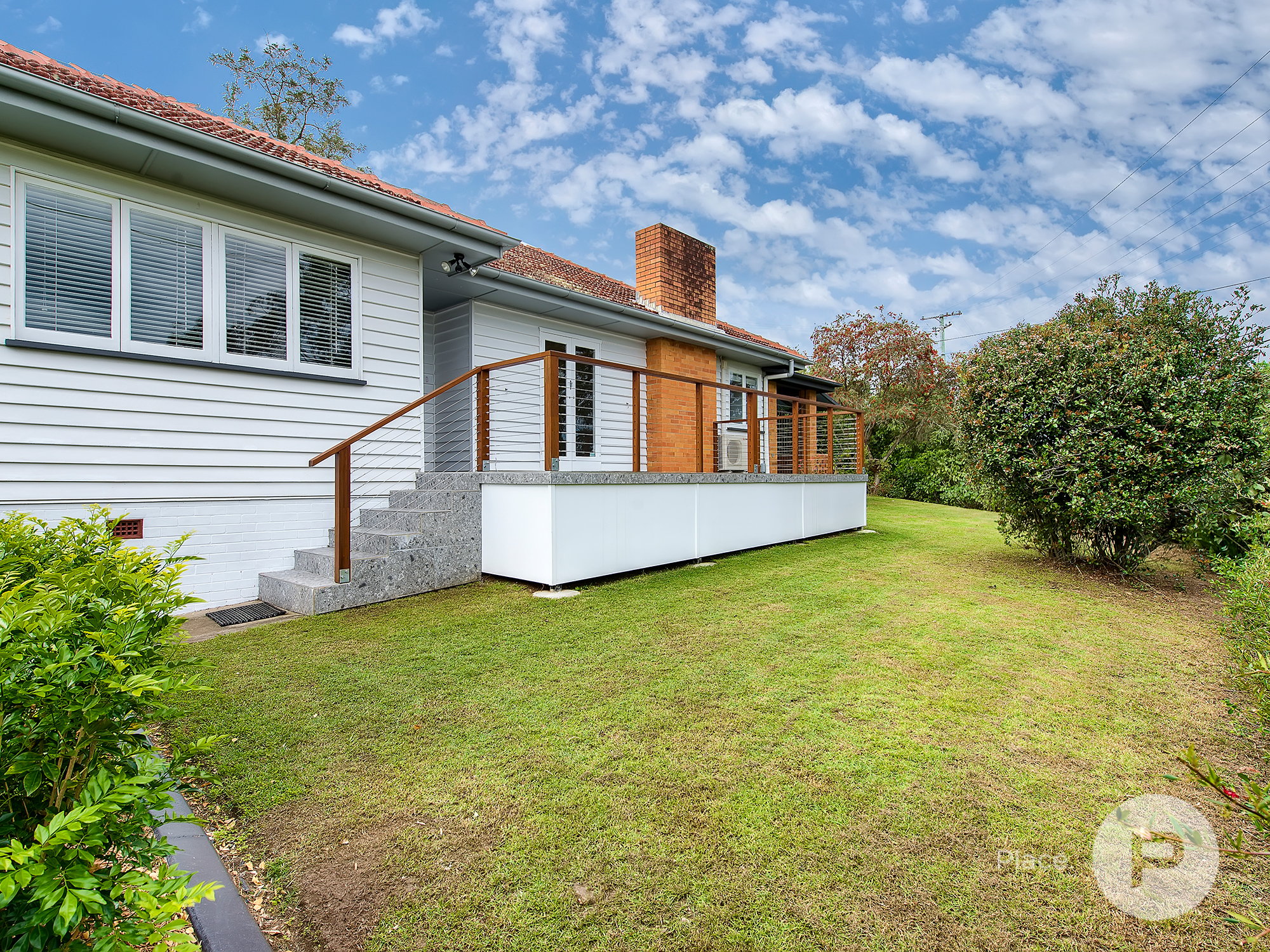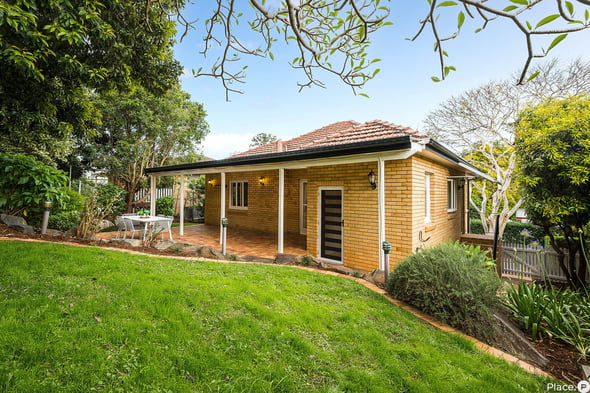Loved for its balmy temperatures and sunny skies, summer in Queensland can also mean severe storms and potential water damage.
As we near the end of the year, it’s smart to assess your home’s potential risk and make any necessary improvements in preparation. We’ve put together a simple guide to get you started.
Get to know any potential problem areas
A good go-to for avoiding any water damage is to inspect your gutters and downpipes. If blocked with debris, these can leak excess water that may seep into your home. While not the most exciting of jobs, cleaning your gutters occasionally is an important and easy-to-complete task that just might save you major stress come storm season.
While you’re inspecting your home, check for any internal leaks. Look out for any swollen ceiling plasterwork, mould growth and wet patches in carpeted floors as these can be a warning sign that a larger issue might need attention. Additionally, make time to check your roof for broken tiles or eaves and get any problems fixed before storm clouds gather. Also, if you have solar panels, it’s advisable to invest in protective covers that can be put on during major weather events and save the panels from any hail or excessive water damage.
Look at your home’s foundations
When we think of water damage, we might envision elevated things such as gutters and rooves but it’s also crucial to inspect your home’s foundations. During heavy rain, gaps or cracks could lead to damaging water seepage, so add a quick inspection to your to-do list one weekend!
Another helpful tip? Take a proper look at your property’s windows and doors to see if they’re adequately sealed. If they’re quite old in age, these potential openings might not have properly fitted wells and drains that guide water away from your home. A professional can see to this issue, while products such as caulk or foam sealant will also assist in keeping your property dry during storms.

Consider your landscaping
If you’re building new or re-landscaping your yard, give thought to the way it has been designed. Smart landscaping solutions like adding in gradient slopes can encourage water to run away from the property, rather than pooling and causing damage.
While in the garden, also get to work trimming any overhanging trees and overgrown vegetation. Not only will this keep your outdoor area looking beautifully tidy, but it can also stop any branches from breaking windows or roof tiles during severe storms.

Install a backflow valve
One very important task is to look into whether or not your plumbing has been fitted with a backflow valve. Most suitable for suburbs that have experienced heavy flooding, these clever additions can prevent any potential sewage from backing up into your home – this is definitely something you’ll want to avoid!
Backflow valves work automatically when flooding occurs, redirecting water and waste to flow out of your home instead of in. You can also purchase manual versions that can be essentially switched on and off when preferred, with both options available at hardware stores and via plumbing services.
For more ideas and to keep up-to-date with all things Brisbane real estate, subscribe to the newsletter below.
